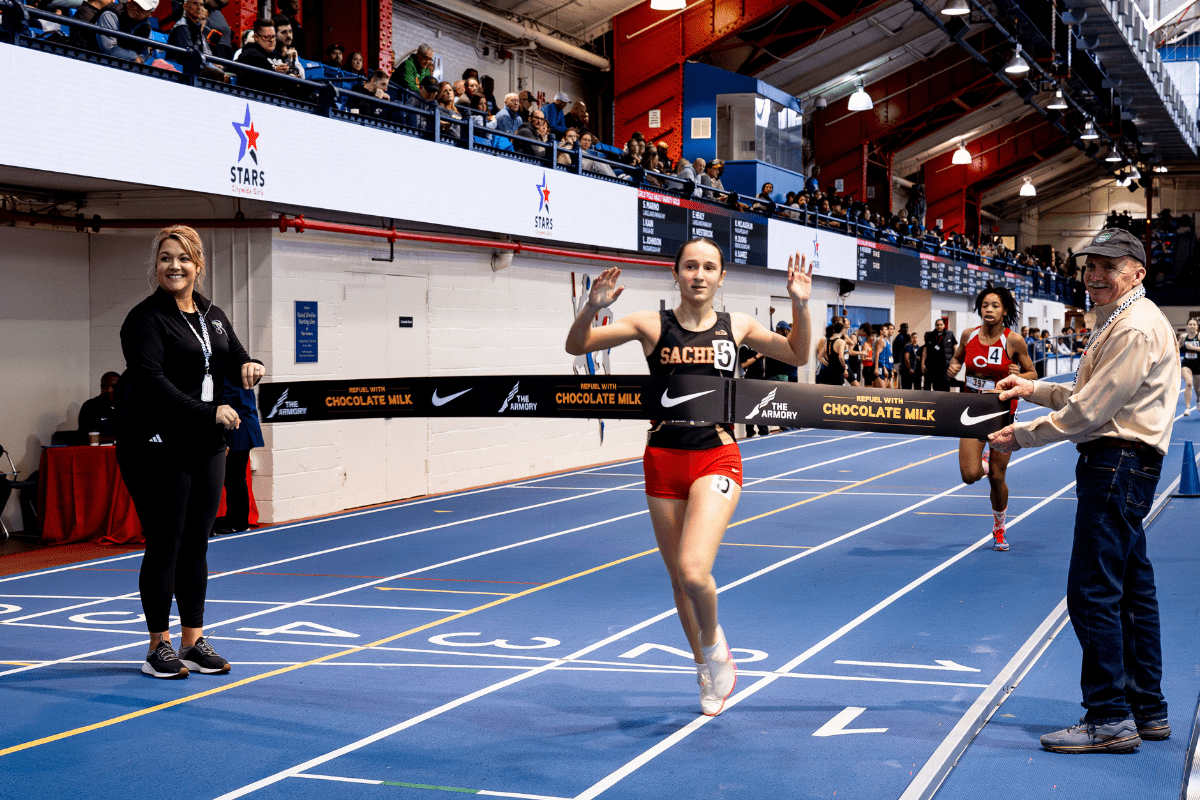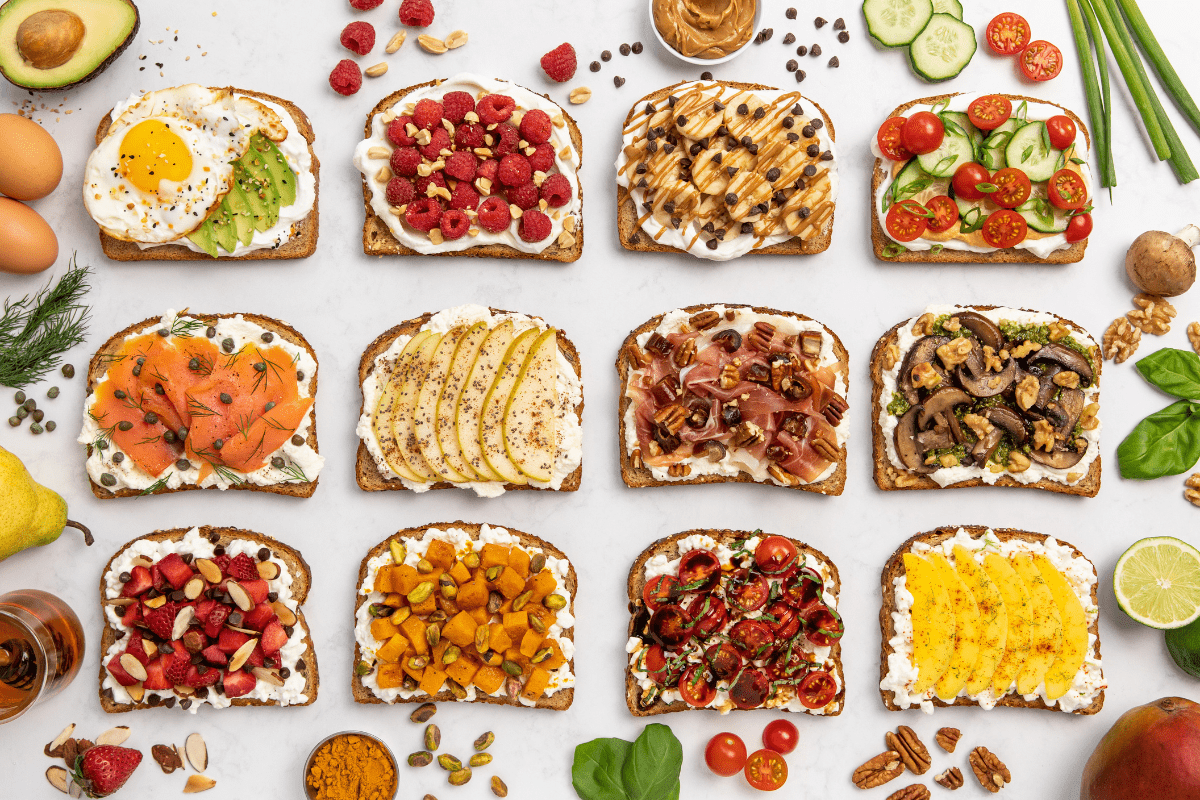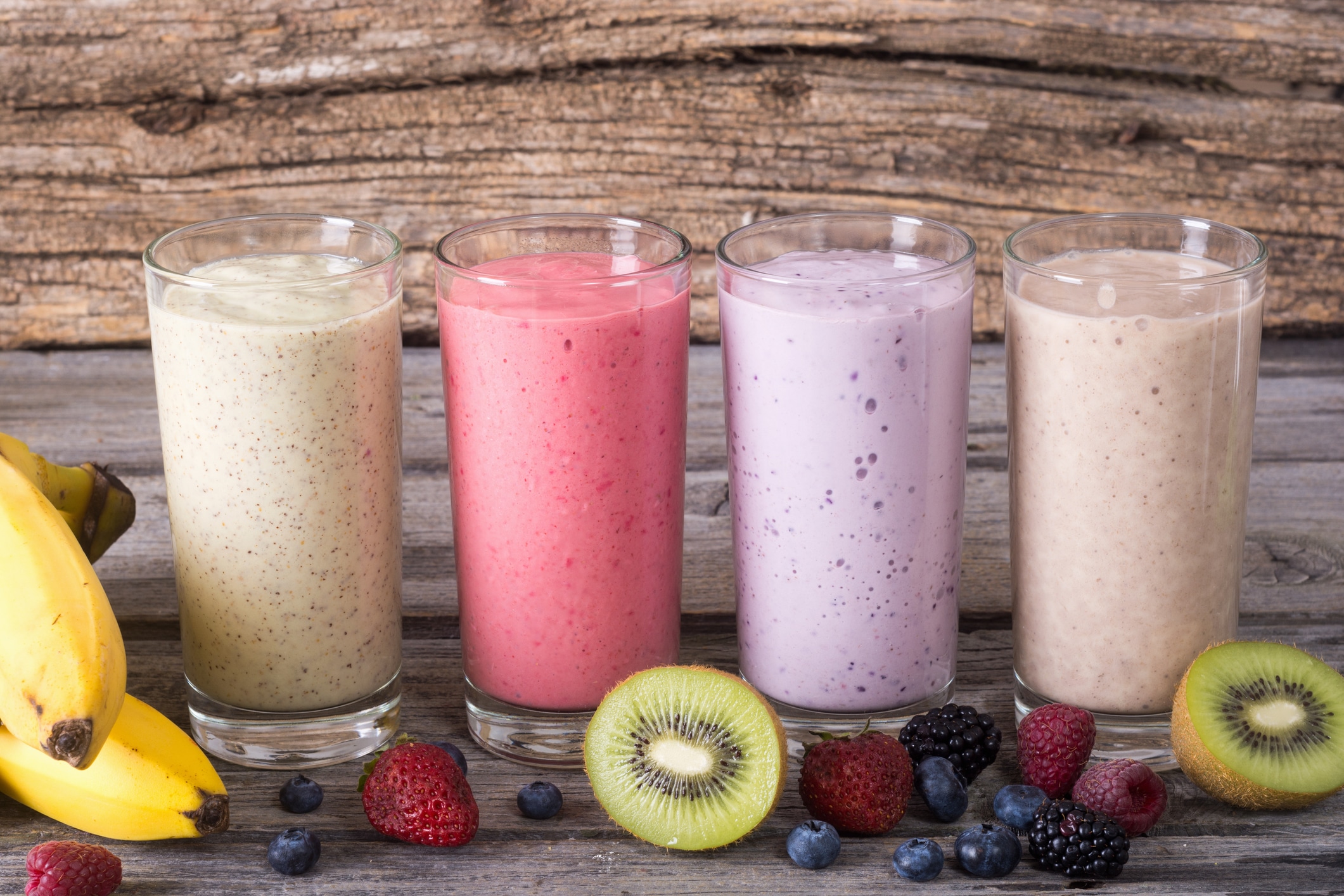All vitamins and minerals play an important role in health and sports performance. But if you want to perform your best as an athlete, there are three nutrients that are extra important: calcium, vitamin D, and magnesium. Each of these plays a role in supporting bone strength, muscle and nerve function, and electrolyte balance—and contributes to top performance.
Nutrients for Top-Performing Student-Athletes
Calcium
Calcium is the most abundant mineral in the body. Approximately 99% is stored in teeth and bones, while the remaining 1% is found in blood and other tissues. Calcium is important to build and maintain strong bones and support movement by keeping tissue rigid, strong, and flexible. It also plays a key role in muscle function, nerve transmission, blood clotting, and hormone secretion.
Student-athletes ages nine to 18 years old should aim to get 1,300 milligrams (mg) of calcium each day. You can hit that nutritional goal by eating calcium-filled foods such as yogurt, cheese, milk, fish (including sardines with bones), cottage cheese, spinach, kale, and bok choy. The amount of calcium found in these foods varies from source to source. Your best bet: Select your favorites and make your meals as nutritious as possible.
Below is a recommended list of high-calcium foods and beverages, along with their amounts, to help you reach your daily intake:
| 8 ounces yogurt | 415 mg |
| 1 cup cow’s milk | 300 mg |
| 1 cup calcium-fortified orange juice | 350 mg |
| 1 ounce cheese | 200 mg |
| 3 ounces salmon, with bones | 180 mg |
| 3 ounces sardines, with bones | 325 mg |
| 1 cup cottage cheese | 138 mg |
| 1/2 cup spinach, cooked | 123 mg |
| 1 cup kale, fresh | 94 mg |
| 1 cup bok choy, raw | 74 mg |
SOURCE: https://ods.od.nih.gov/factsheets/Calcium-HealthProfessional/
Tips to Get More Calcium in Your Diet
- Start your day with a yogurt bowl. One cup of yogurt topped with fruit and granola provides about 415 milligrams of calcium.
- Drink milk with meals. Consuming a 12-ounce glass of milk with your three main meals gives you 1,350 milligrams of calcium. That’s all you need to hit your calcium goal for the day!
- Include cheese with your snack. A piece of fruit paired with one ounce of cheese provides 200 milligrams calcium.
- Have a kale salad with dinner. Toss 1 cup of fresh kale with walnuts, cranberries, and 1 ounce of cubed cheese to get about 300 milligrams of calcium.
Vitamin D
Vitamin D is another key nutrient, important for maintaining strong and healthy bones. Without adequate vitamin D levels, bones can become thin and brittle. Vitamin D also helps promote the absorption of calcium in the gut, helps maintain blood calcium levels, supports immune function, and plays a role in controlling exercise-related inflammation.
The Dietary Reference Intake (DRI) for vitamin D is 600 IU each day for anyone one to 70 years old. There are very few naturally occurring sources of vitamin D, but it is found in salmon, tuna, mackerel, fish oil, egg yolks, some mushrooms, and cheese. Cow’s milk is fortified with vitamin D and is considered a rich source. In the United States, 1 cup of cow’s milk contains 120 IU of vitamin D.
Below is a recommended list of vitamin D-rich foods and beverages, along with their amounts, for you to include in your diet:
| 1 tablespoon cod liver oil | 1,360 IU |
| 3 ounces rainbow trout, cooked | 645 IU |
| 3 ounces salmon, cooked | 570 IU |
| ½ cup white mushrooms, raw | 366 IU |
| 1 cup cow’s milk | 120 IU |
| 1 egg yolk | 44 IU |
| 1.5 ounces cheddar cheese | 17 IU |
SOURCE: https://ods.od.nih.gov/factsheets/VitaminD-HealthProfessional/
Tips to Get More Vitamin D in Your Diet
- Make an egg-and-cheese breakfast sandwich. Put two scrambled eggs and 1½ ounces of cheddar cheese between two slices whole-grain toast for a breakfast packed with about 105 IU of vitamin D.
- Start your meal with a salad. Top a bowl of leafy greens with sliced white mushrooms and a hard-boiled egg for 410 IU of vitamin D.
- Make a post-workout shake. Blend together one frozen, peeled banana with 1½ cups of chocolate milk for 180 IU of vitamin D.
- Eat fish twice a week. One easy dinner idea is to toss whole-grain pasta with a creamy white sauce and top with 3 ounces cooked salmon for 570 IU of vitamin D.
Magnesium
Magnesium is an all-around player that supports an athlete’s bodily functions. It plays an important role in the production of protein, maintaining electrolyte balance, muscle growth, nerve, and cellular functions. A magnesium deficiency can limit your athletic performance and have negative effects on strenuous exercise, which is why it is crucial to get this key player on your team!
The Recommended Dietary Allowance (RDA) for magnesium varies based on age and gender. Males and females nine to 13 years old need 240 milligrams per day, while males 14 to 18 years old need 410 milligrams each day, and females 14 to 18 years old need 360 milligrams per day.
There are a wide variety of foods that contain magnesium, including spinach, legumes, nuts, seeds, peanuts, whole grains, milk, banana, and potatoes.
Below is a recommended list of foods and beverages containing magnesium, along with their amounts, for you to include in your diet:
| 1 ounce pumpkin seeds | 156 mg |
| 1 ounce chia seeds | 111 mg |
| 1 ounce almonds | 80 mg |
| ½ cup spinach, cooked | 78 mg |
| ½ cup black beans, cooked | 60 mg |
| 2 tablespoons peanut butter | 49 mg |
| 3.5-ounce baked potato, with skin | 43 mg |
| 8 ounces of yogurt | 42 mg |
| 1 cup cow’s milk | 24-27 mg |
SOURCE: https://ods.od.nih.gov/factsheets/Magnesium-HealthProfessional/
Tips to Get More Magnesium in Your Diet
- Make a trail mix. Combine 1 ounce of pumpkin seeds with ¼ cup dried raisins for 167 milligrams of magnesium.
- Include plant-based protein as part of your meal. Combine ½ cup black beans and 1 cup brown rice and serve with a vegetable side for a 102-milligram magnesium meal!
- Have a spinach salad for lunch. Top 3 cups of fresh baby spinach with ½ cup edamame and ½ cup cubed avocado for about 100 milligrams of magnesium.
- Mix up a creamy smoothie. Blend together 1 cup of cow’s milk, 1 cup vanilla yogurt, and 1 cup frozen strawberries until smooth for approximately 70 milligrams of magnesium.
By focusing on eating the right foods, student athletes are preparing themselves for exceptional performances and long-term success.





